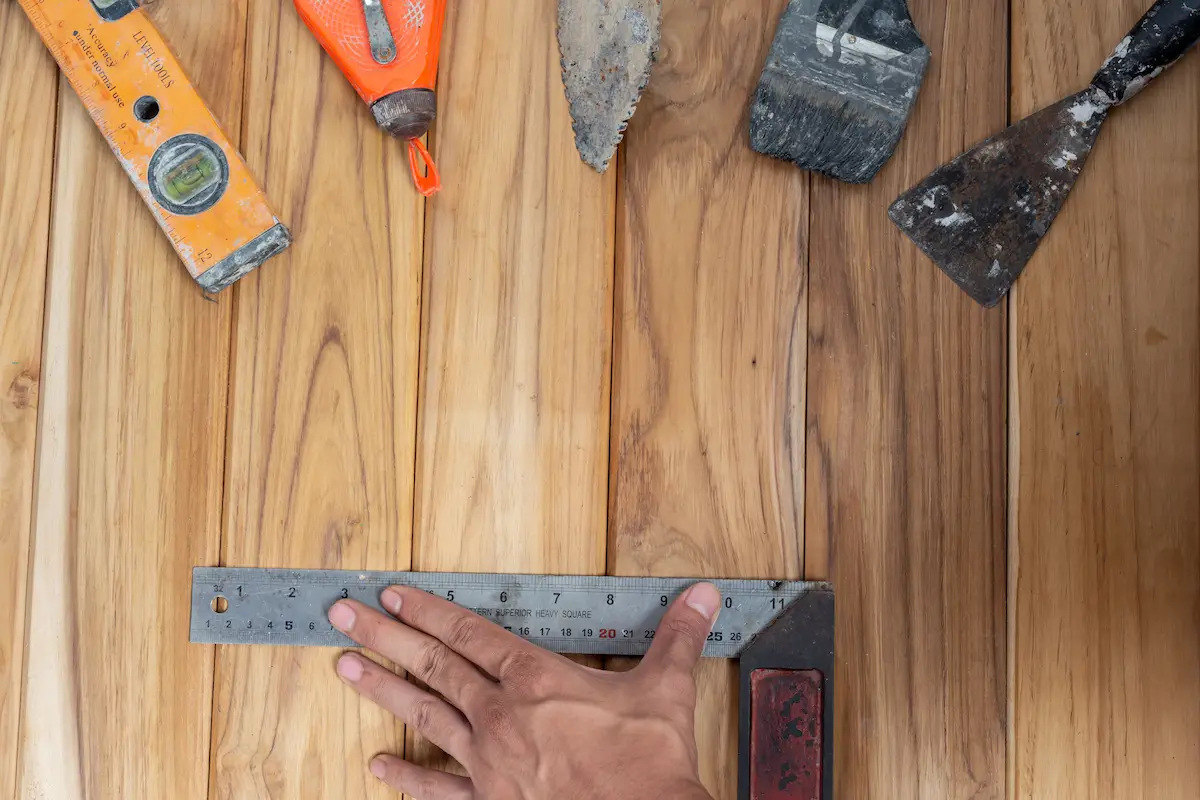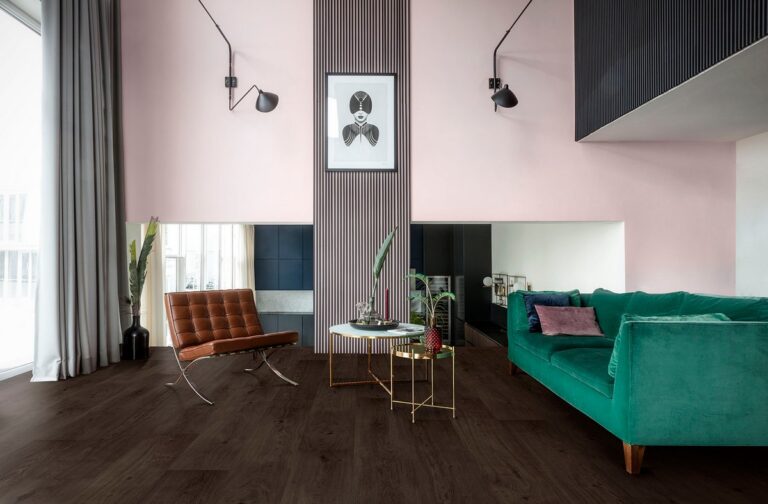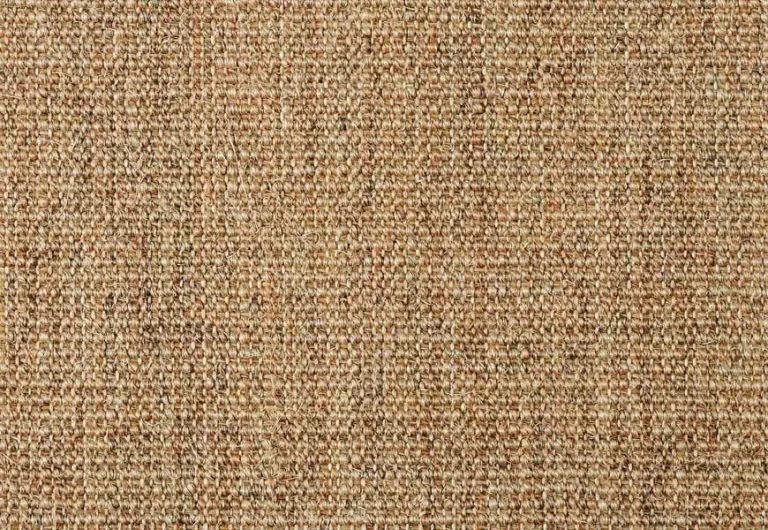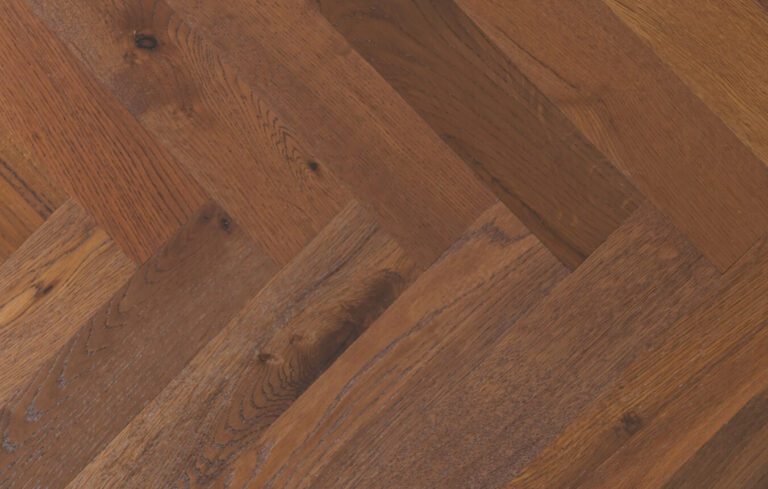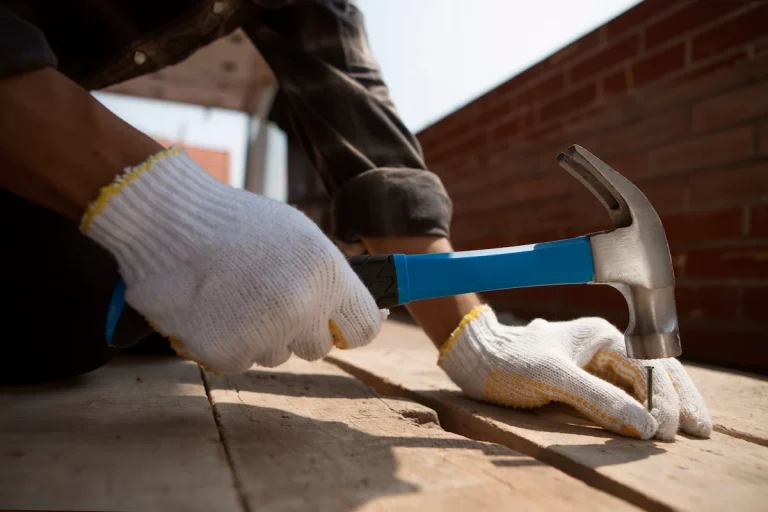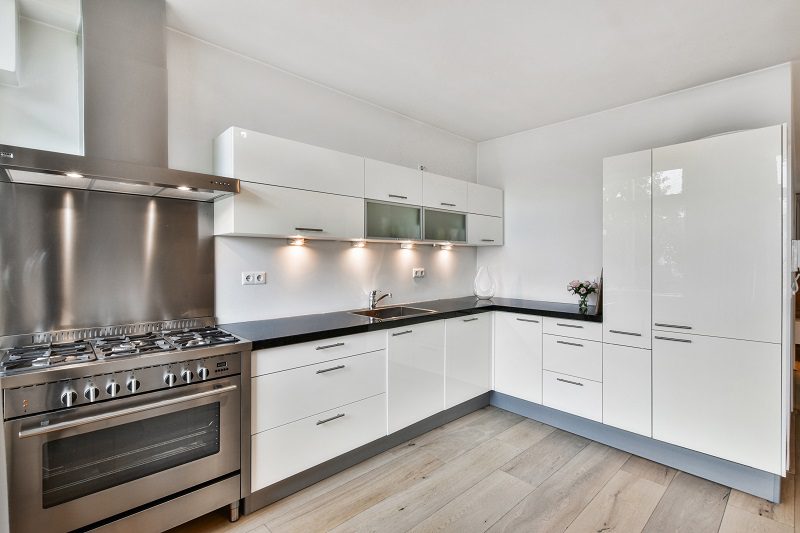Engineered wood flooring presents a visually appealing and pragmatic solution for homeowners seeking to elevate their living environments. Its distinctive construction effectively marries the sophistication of natural wood with enhanced durability. Selecting the appropriate engineered wood can be a daunting task, given the numerous factors to consider, such as thickness, type, and quality.
This guide outlines how to choose engineered wood flooring by identifying the best available options, ensuring that homeowners are equipped to make informed decisions for their residences.
Tips To Consider Before Buying Engineered Wood Flooring
When buying engineered wood, it’s vital to weigh practical needs, budget constraints, and aesthetic preferences. From assessing room usage to evaluating construction types and finishes, careful planning ensures long-term satisfaction. Use these insights to guide your flooring investment and find the best-rated engineered wood flooring for your home.
A. Determine Your Budget
Determining a budget is a critical first step when considering engineered wood flooring, as it establishes the parameters for quality and selection. A clear budget aids in comparing various products based on wood species, thickness, and finish, while also accounting for installation and maintenance costs.
B. Consider the Room’s Usage
Each room has unique demands. High-traffic zones require more durable materials, while moisture-prone areas need excellent water resistance. Assessing the environment ensures the flooring you choose maintains longevity and visual appeal.
C. Check the Quality of the Engineered Wood
Quality is paramount when choosing engineered wood flooring. Pay attention to wear layer thickness, wood species, and core structure. A thicker wear layer, usually over 3mm, offers better longevity and the option for refinishing.
D. Choose the Right Thickness
What is the best thickness for engineered hardwood flooring? Typically, 12mm to 18mm works well depending on foot traffic and installation type. Thicker boards provide better durability and are compatible with underfloor heating.
E. Consider the Type of Installation
Installation methods—floating, glue-down, or nail-down—affect both performance and appearance. Choose based on the room’s structure, subfloor type, and whether you plan a DIY installation or hire professionals.
F. Look at the Warranty
A robust warranty signals the manufacturer’s confidence in their product. It should cover wear, structural integrity, and ideally be transferable to future homeowners. Always read the fine print.
How to Choose Engineered Hardwood Flooring
How to pick an engineered hardwood floor?Choosing engineered hardwood flooring is more than just picking a colour. From species to finishes, construction types to grading, each element contributes to the floor’s performance and style. Understanding these factors helps you avoid costly mistakes and choose flooring that lasts.
A. Choose the Right Species of Wood
Species like oak, walnut, and maple each have distinct traits. Oak is durable and classic, walnut rich and elegant, and maple light and modern. Selecting based on use and visual preference is key.
B. Consider the Finish
Lacquered finishes offer durability and scratch resistance, ideal for busy homes. Oiled finishes allow easier spot repairs but need more upkeep. UV-cured finishes provide superior protection against fading.
C. Determine the Type of Construction
Plywood cores are stable and moisture-resistant, ideal for high-traffic zones. HDF and SPC cores provide good durability, while WPC adds comfort. Which type of engineered wood is best depends on where it’s installed and your household needs.
D. Look at the Grading of the Wood
Grading affects appearance and durability. Higher grades offer uniformity and fewer imperfections, while rustic grades provide character. Grades also influence cost and environmental impact (e.g., FSC certification).
What Is the Best Rated Engineered Wood Flooring?
The best-rated engineered wood flooring typically combines a thick wear layer, superior wood species like oak or ash, and advanced finishes. Brands offering FSC-certified options and moisture resistance often score highest in customer satisfaction. Check reviews and seek recommendations from flooring professionals to identify trusted brands.
Which Type Of Engineered Wood Is Best?
Choosing the best engineered wood depends on application, environment, and personal preference.
1. HDF Core
HDF core engineered wood is durable, affordable, and works well with underfloor heating. It resists daily wear and moisture but lacks the natural grain look of solid wood. While easy to install, it may warp in extreme humidity.
2. SPC Core
SPC core engineered wood is very moisture-resistant and rigid, perfect for humid spaces like bathrooms. It provides excellent stability, sound absorption, and scratch resistance, with a variety of stylish finishes available.
3. WPC Core
WPC core engineered wood offers a softer, quieter underfoot feel and strong moisture resistance. It’s ideal for busy households, providing durability, comfort, and a wide range of design options.
4. Plywood Core
Plywood core engineered wood is highly stable and moisture-resistant, ideal for high-traffic and humid areas like basements and kitchens. It offers a wide range of stylish finishes, is durable against warping, and features easy installation systems like click-lock.
Whether you’re navigating the many tips to buy engineered wood flooring or still wondering how to pick an engineered hardwood floor, TEKA Flooring is here to help. Our experienced team offers personalised guidance, professional installation, and access to the best rated engineered wood flooring in the UK.
Visit TEKA Flooring’s blog or contact us today to explore your options and transform your space with confidence.
Read also:


























